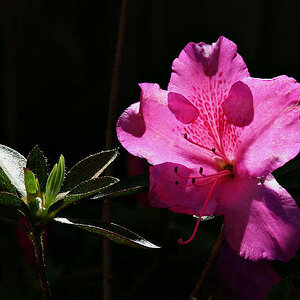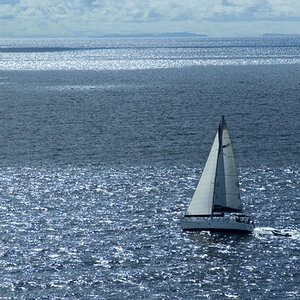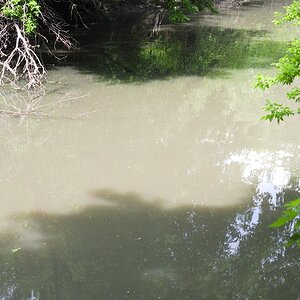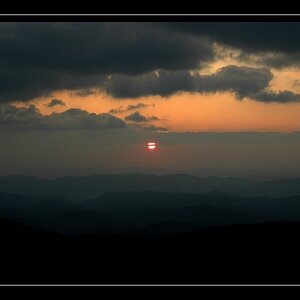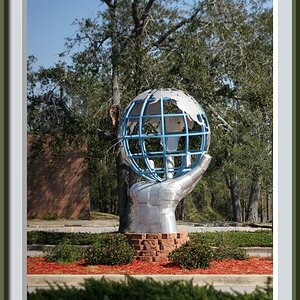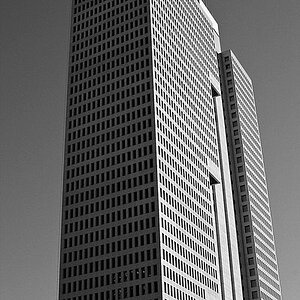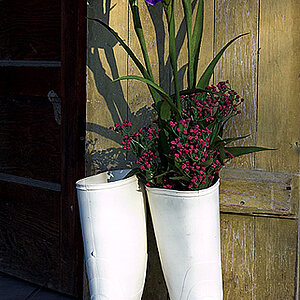CalicoKitties
TPF Noob!
- Joined
- Sep 13, 2014
- Messages
- 10
- Reaction score
- 1
Okay, I need some help. Every time I try to read about which camera to get, I find a million different answers. (Plus, I'm extremely new to photography; I've only really used my iPhone to take pictures... so I still don't know what half of the photography terms mean. Yikes.. Talk about overwhelming.)
Anyway, I'm sure this has been asked plenty of times before, but my question is this: What is the best DSLR camera for a beginner to get for macro photography? Also, what macro lens should I get for it?
I'll probably use it to take pics of other things, too, of course, but I mainly want to use it for macro photography. Pictures of things like flowers, mosses, little bugs, etc. (Especially bugs!)
Any advice is greatly appreciated.. Not sure if I posted this in the right place, either, lol.
Anyway, I'm sure this has been asked plenty of times before, but my question is this: What is the best DSLR camera for a beginner to get for macro photography? Also, what macro lens should I get for it?
I'll probably use it to take pics of other things, too, of course, but I mainly want to use it for macro photography. Pictures of things like flowers, mosses, little bugs, etc. (Especially bugs!)
Any advice is greatly appreciated.. Not sure if I posted this in the right place, either, lol.
Last edited:



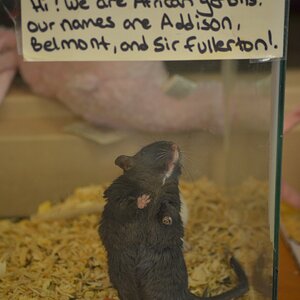
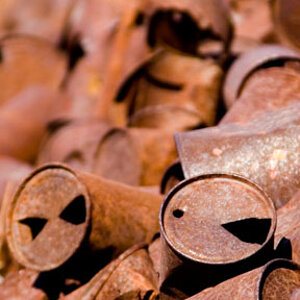
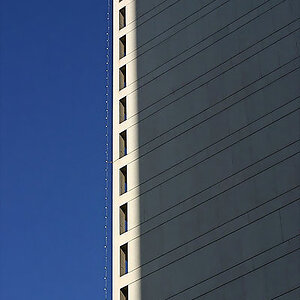
![[No title]](/data/xfmg/thumbnail/42/42018-14ee16974751322cd63966d43d655995.jpg?1619739979)
